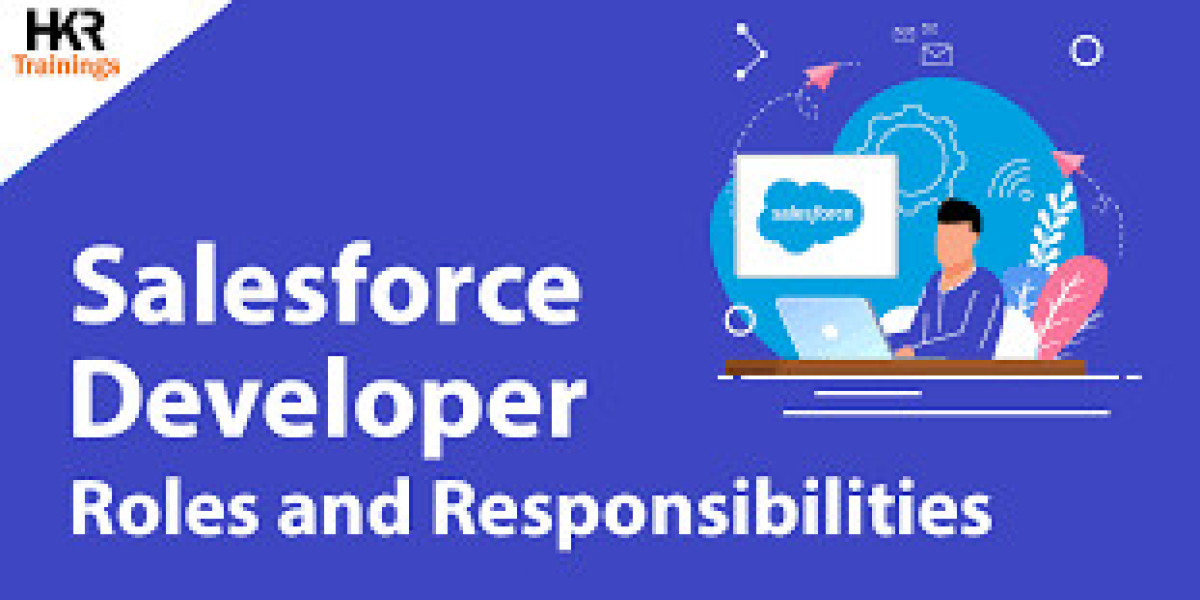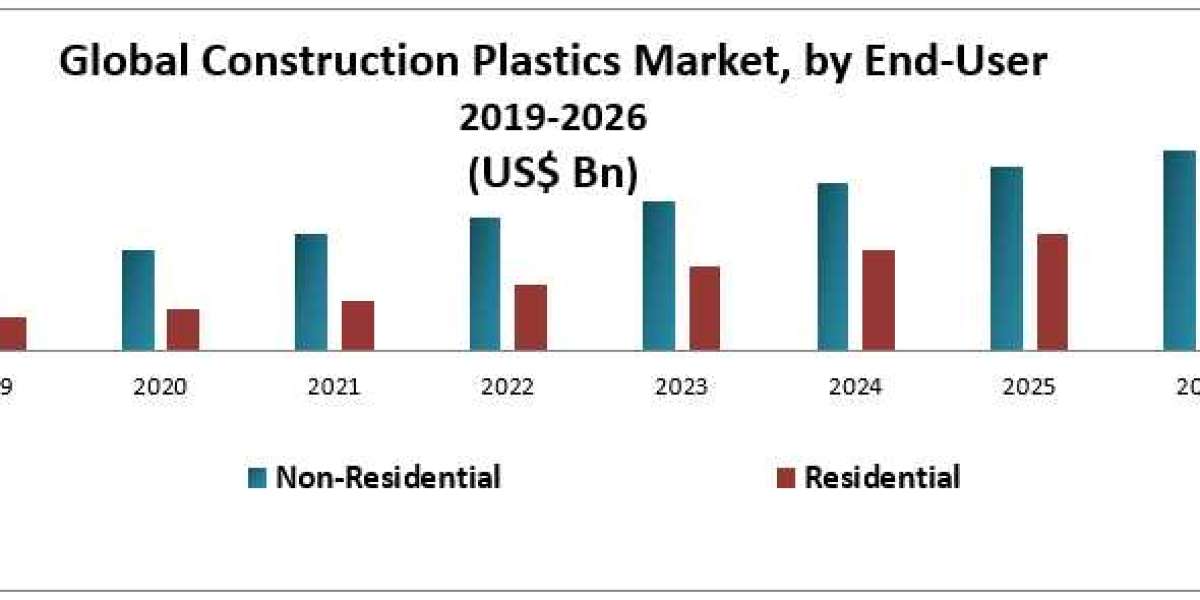Salesforce is the world's leading customer relationship management (CRM) software, empowering businesses to connect with their customers in a meaningful way. To fully utilize the platform's capabilities and customize it according to business needs, Salesforce developers are in high demand. These professionals play a crucial role in developing and maintaining Salesforce solutions that improve business operations and enhance customer experiences.
In this article, we will explore various roles and responsibilities of Salesforce developers, including their skills, expertise, and qualifications required for success in this field. We will also discuss how they work collaboratively with other team members to design custom applications that align with business goals while adhering to best practices and industry standards.
Salesforce development involves designing, building, and customizing applications on the Salesforce platform to meet specific business requirements. A Salesforce Developer uses various tools, such as Apex, Visualforce, Lightning Components, and declarative configuration options, to create solutions that automate business processes, manage customer relationships, and enhance user experiences.
Wish to make a career in the world of Salesforce Developer? Start with Salesforce Developer Training !
Here are the key roles and responsibilities associated with this role:
Application Development: You will be involved in designing, coding, testing, and deploying applications on the Salesforce platform using Salesforce development tools such as Apex (a proprietary programming language), Visualforce (a markup language for creating custom user interfaces), and Lightning Components (a framework for building responsive web applications). You will need to understand business requirements and translate them into technical solutions.
Customization and Configuration: You will work on customizing and configuring Salesforce to meet specific business needs. This includes creating custom objects, fields, workflows, validation rules, and page layouts. You will also be responsible for integrating Salesforce with other systems through APIs and web services.
Data Management: Salesforce Developers play a crucial role in managing data within the Salesforce platform. This involves designing and implementing data models, creating data migration and integration processes, and ensuring data quality and security. You may need to write complex queries using Salesforce Object Query Language (SOQL) and Salesforce Object Search Language (SOSL) to retrieve and manipulate data.
Collaboration and Support: You will collaborate with stakeholders, including business analysts, administrators, and other developers, to gather requirements, provide technical guidance, and ensure successful project delivery. Additionally, you may be involved in troubleshooting and resolving issues related to Salesforce applications and integrations.
Get ahead in your career with our salesforce Tutorial
Continuous Improvement: As a Salesforce Developer, you should stay updated with the latest Salesforce features, tools, and best practices. This includes participating in training programs, exploring new technologies, and continuously improving your development skills to deliver efficient and scalable solutions.
Documentation and Testing: You will document your development activities, including technical specifications, code documentation, and deployment instructions. Additionally, you will perform unit testing, integration testing, and support user acceptance testing to ensure the quality and stability of the Salesforce applications.
Security and Compliance: Salesforce Developers need to be knowledgeable about Salesforce security features and best practices to ensure the confidentiality, integrity, and availability of data. You will implement security controls, configure user permissions, and adhere to industry and organizational compliance requirements.
Click here to get frequently asked Salesforce interview questions & answers
Conclusion:
In conclusion, Salesforce developers play a crucial role in designing and implementing customized solutions for businesses. They possess technical expertise and skills that are essential for managing complex projects, developing innovative applications, and improving business processes. With their deep knowledge of the Salesforce platform, they can help organizations achieve greater efficiency, productivity, and profitability. By hiring certified Salesforce developers or upskilling internal resources to become certified developers, businesses can leverage the full potential of the platform and stay ahead of their competitors. Don't miss out on the opportunity to transform your organization with the help of a skilled Salesforce developer!
If you want to know more about roles and responsibilities, visit this blog Salesforce Developer Roles and Responsibilities !



